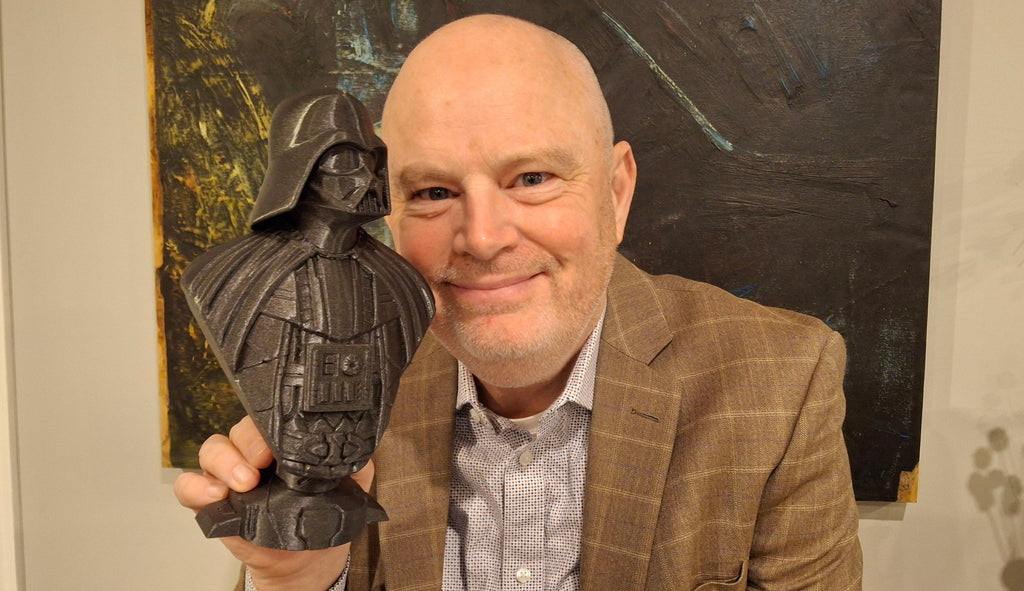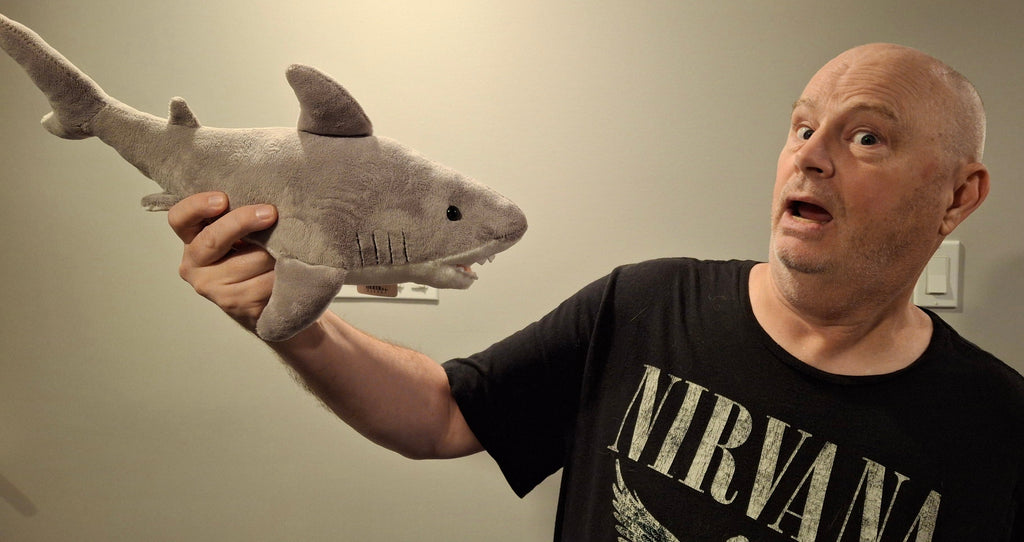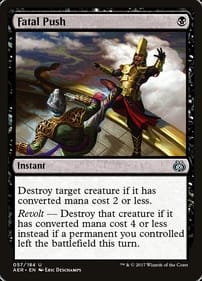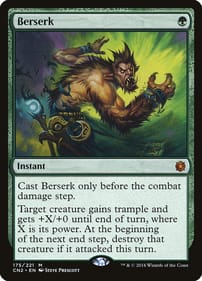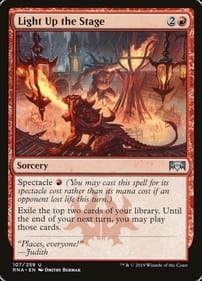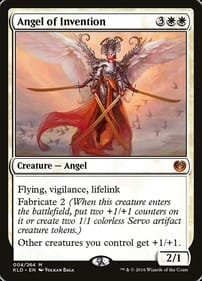A New Voice for Darth Vader?
By Dan Brown James Earl Jones died one year ago this month. A true renaissance man, he is one of the few entertainers to be awarded an Emmy, a Grammy, an Oscar and a Tony. That puts him in rare company. But to an entire generation, he is known for a single role, and he didn’t even play the whole character – Jones supplied just the vocal cords. If lines like, “No, I am your father,” and “I find your lack of faith disturbing,” and “Search your feelings” mean anything to you, then you know I’m referring to Darth Vader – the bad guy from the original Star Wars trilogy (by original I mean those three films appeared in movie theatres before the other trilogies and spinoffs). Jones wasn’t in the black suit, but his deep, booming baritone arguably did more to create the air of evil and menace that Vader exuded than David Prowse’s bodily presence. Now seems like the right time to discuss Jones’s future as Vader’s mouthpiece. Even though the character died in 1983’s Return of the Jedi, many Vader stories have been told since then and the baddie’s popularity has only grown. I know what you’re thinking: Didn’t Jones sign a deal so his voice could still be used to bring Vader to life, even after the actor had passed? According to sources like Deadline, yes, such a deal was hammered out a couple years before his death. But that doesn’t mean Lucasfilm is contractually obliged to do so. They could re-cast. In fact, there might even be an advantage to doing so. If I was in charge of finding a new sound for the role, my short list of performers would contain names like Ving Rhames (who is already the voice of Arby’s), Dennis Haysbert (who appears in commercials for Allstate Insurance), and Keith David (who has done a ton of voice roles and commercials). Star Wars director George Lucas had originally kicked around the idea of hiring Orson Welles for his space-opera villain, but decided the vocals would sound too familiar – Welles was the person who narrated a Martian invasion of Earth on the radio in 1938, after all. I admit re-casting comes with a substantial risk. Every fan who hears a different actor’s voice coming from the black mask would be comparing it to Jones. Star Wars fans can be tradition-minded folks who don’t like anything that strays too far from the blueprint laid down by Lucas before he sold his empire to Disney. The lure of using an actual person for Vader, on the other hand, is that it would be a reminder that Vader is somewhat human, and was redeemed in the end by his son, Luke Skywalker. What seems more likely is any future Star Wars production team will plunder the library of existing takes from Jones and use some sort of technical trickery. And I get how that would be an appropriate way to go for a character who is, according to Obi-Wan Kenobi, “more machine than man.” There’s something fitting about using technology to portray a cyborg, so AI may in fact be the route they choose. And yes, this is what the producers of the Kenobi series did in 2022, with Jones’s voice failing as he neared the end of his life. One thing we know for sure: Given movies like Rogue One and TV shows like Kenobi, we haven’t heard the last from Darth Vader. Dan Brown has covered pop culture for more than 33 years as a journalist and also moderates L.A. Mood’s monthly graphic-novel group.
Jaws is a Classic Because Spielberg was Powerless
By Dan Brown As you may have already heard, this summer marks 50 years since the release of Steven Spielberg’s Jaws, the motion picture that ushered in the age of the blockbuster. It was in 1975 that the great white shark of the title started his long career of gnawing on skinny dippers, water skiers, power cables and even a helicopter. Luckily for us movie fans, the original Jaws was made by Spielberg back when he had no power in Hollywood. The limits placed on him by the constraints of the studio system boxed him in, and indirectly made the movie a commercial and critical success. Moviegoers couldn’t get enough of Jaws that summer. It would eventually spawn three sequels. This lack of freedom forced the then-young filmmaker to make some daring creative choices. Sure, during the troubled shoot on Martha’s Vineyard he had a fancy mechanical shark to play the part of the monster. But the primitive robot proved unreliable. What Spielberg did in response flew in the face of moviemaking logic. Instead of using the rubbery-looking faux fish in the attack scenes, he took a page from Alfred Hitchcock’s bag of tricks and shot around the shark, intending to rely on the power of suggestion. Those who had seen the shower scene in Hitchcock’s 1960 thriller Psycho swore that they had been witness to a knifing in which flesh was violently ripped open; the truth was that no such shots existed – based on the rapid shower montage, the brains of viewers supplied the missing visual information, and they thought they saw a blade tearing through skin. Spielberg followed suit, aiming to achieve the same effect. What you have to bear in mind is that, back in the 1970s, the standard practice in Hollywood was to give ticket buyers a good look at the monster, putting the full special-effects budget on the screen in front of them. That’s the way things were done. What Spielberg didn’t have was a realistic shark (which becomes apparent in the film’s third act aboard Quint’s boat) but the special effect he did have was the minimalist score written by John Williams. Two notes. That’s all Spielberg had going for him. Added to the suggestive footage in which the shark didn’t appear, it worked. Spielberg’s audacious decision to hide the undersea attacker was a masterstroke. The suspense of not seeing the shark but being overpowered by the Williams score led to a lot of real anxiety – people in 1975 really were afraid to go in the water, even if it was a body where sharks don’t reside, like the backyard swimming pool. Viewers saw it again and again. It’s true Universal Pictures upped Spielberg’s budget as the hell shoot dragged on, and the gamble paid off handsomely for the company. But his hands were tied in so many other ways, a consequence of working within Old Hollywood. Studios didn’t like to take chances. And there was a real sense of shame if a filmmaker made an ostentatious flop, which Spielberg experienced when his disastrous 1941 was released four years later. (Late-career George Lucas is a telling counterpoint to early-career Spielberg. Lucas earned all the power he wanted to make films his own way, cutting the studios out of the power dynamic, and the result was . . . Jar-Jar Binks. Lucas made his best movies within the studio system.) The wheels falls off Jaws in the last half-hour or so, when the shark wriggles up onto the deck of the Orca. It was a laughable moment, and it’s a testament to the power of the film up to that point that the audience didn't hold it against Spielberg. Quint’s powerful monologue was clearly still echoing in their minds when Bruce is revealed. Some critics argue Jaws also tapped into the post-Watergate disenchantment of the times. The Amity mayor who ignores Brody’s entreaties in the first film to close the town’s beach is still mayor in Jaws 2, launching a million jokes about the importance of voting in municipal elections. All of which brings up the obvious question: Are there any movies from the summer of 2025 that will be celebrated a half-century from now, as Jaws was feted this summer? It feels like that’s a long shot. Instead of grassroots word-of-mouth, which propelled Jaws, the practice now seems to be for a studio to give even a half-baked release a $100 million marketing budget with the goal of winning the opening weekend before word gets around on social media, killing a mediocre picture’s earning potential. Dan Brown has covered pop culture for more than 32 years as a journalist and also moderates L.A. Mood’s monthly graphic-novel group.


